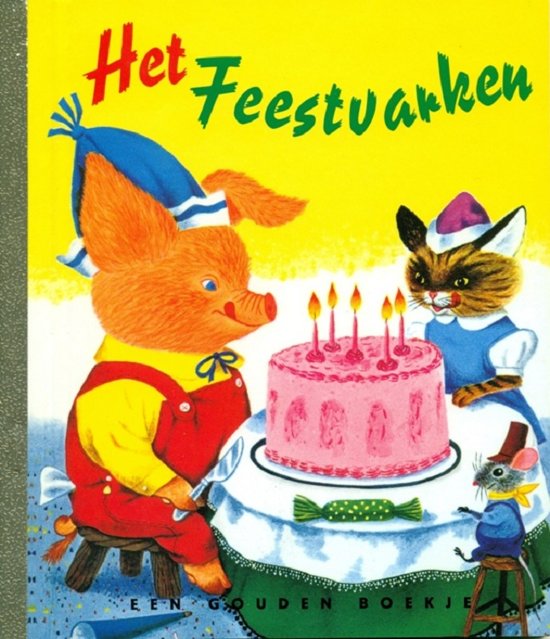the skies proclaim the work of his hands.
Psalm 19:1
I have been pondering this verse for many days, weeks and months. I have wanted to write about it, and finally the opportunity has come.
The writer has much to say in Psalm 19; however, it is actually something other than the author that declares and proclaims. The skies remind us of just how small we are compared to the vastness our eyes can see. The skies are the original "screen" on which people may observe bits of reality:
- sunrises
- constellations
- meteor showers
- hot air balloons
- rain showers
- faces in the clouds
- sunbeams
- blue skies
- the International Space Station
- clouds that warn us of inclement weather
- fog
- sunsets
- phases of the moon
- the morning star (Venus)
- jet streams
- birds and insects in flight
- snowflakes falling
- rainbows
- Spending much of our days indoors, at work or school
- Walking outside with our heads down, looking at smart phones
- Asking "Alexa" or "Google" what the weather is instead of looking out the window
- Cityscapes that block the horizon in all directions
- Light pollution at night
- The appeal of video games, which keeps children inside
- Basements and garages that become places of repose
- A narrowed range of vision when driving in a car or truck, unless it is a convertible
- Smog
Prison inmates are a group of human beings often cut off from the sky, yet most Western jurisdictions mandate at least one hour of fresh air and sunlight, the chance to be outside and see the sky. Although this policy is based on the human need for exercise and movement and the desire to avoid the pitfalls of idleness, I would argue that giving prisoners a chance to see the sky each day is restorative to the spirit.
How much time have you spent outside today, where you could have direct access to the glory of God revealed by the sky? Don't underestimate its value.


